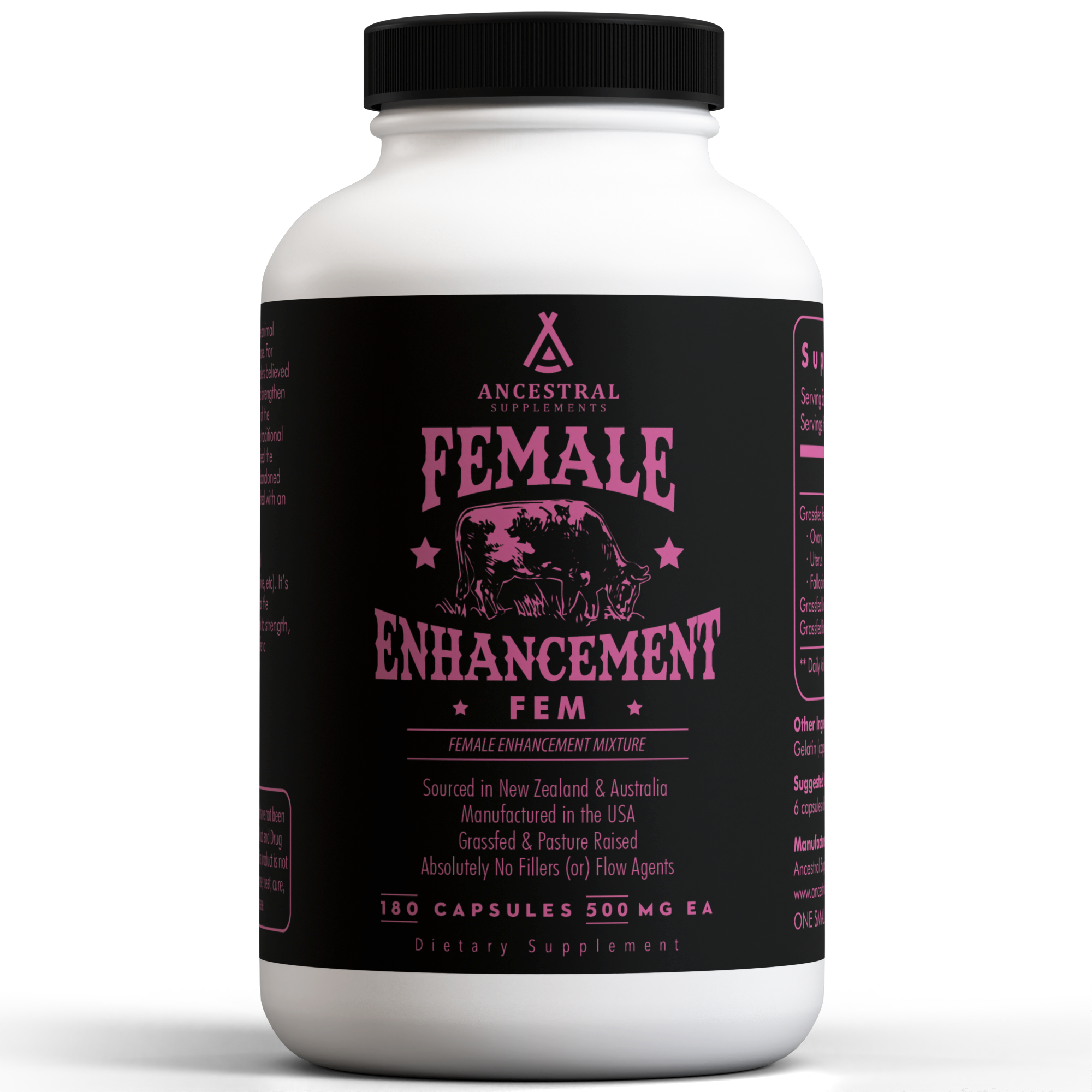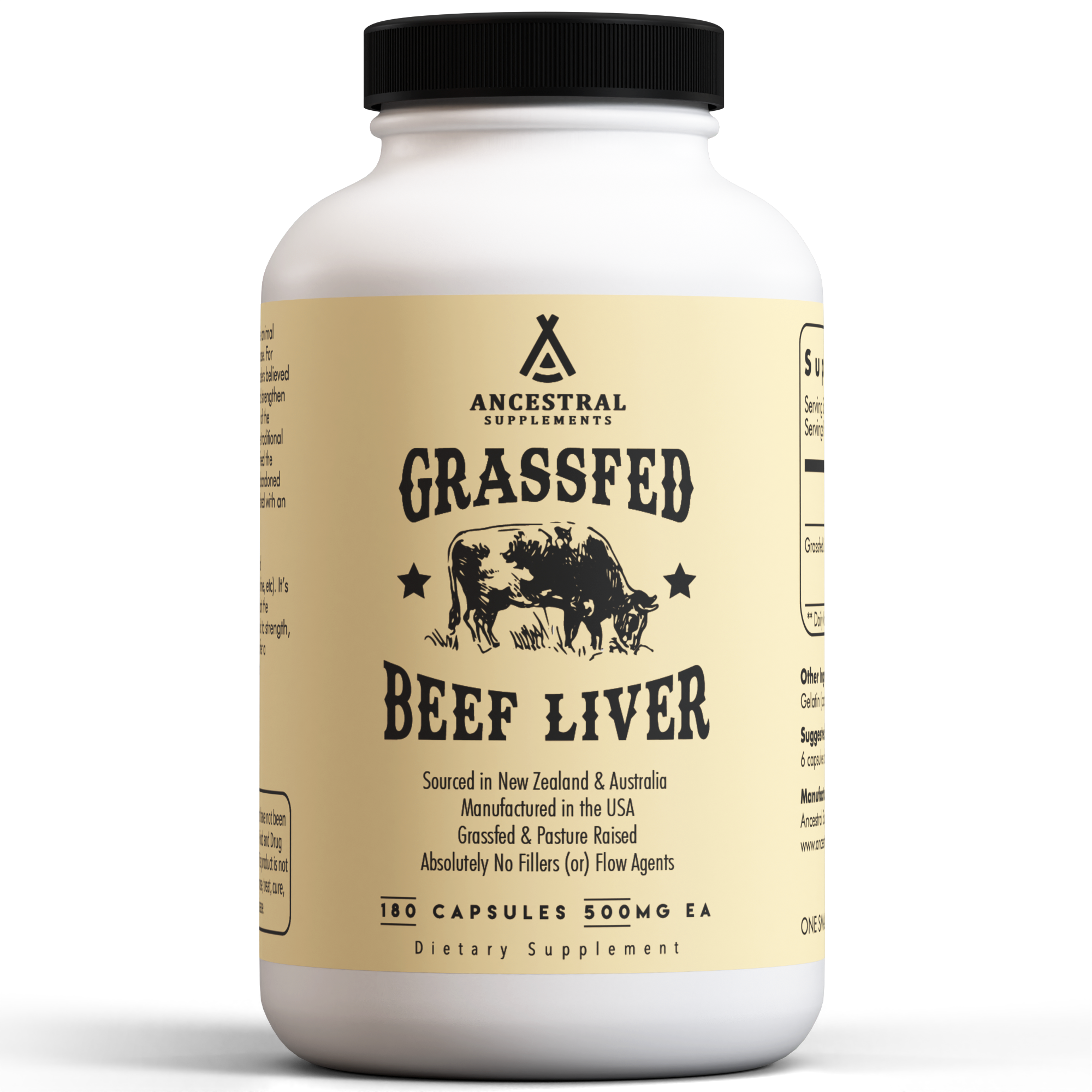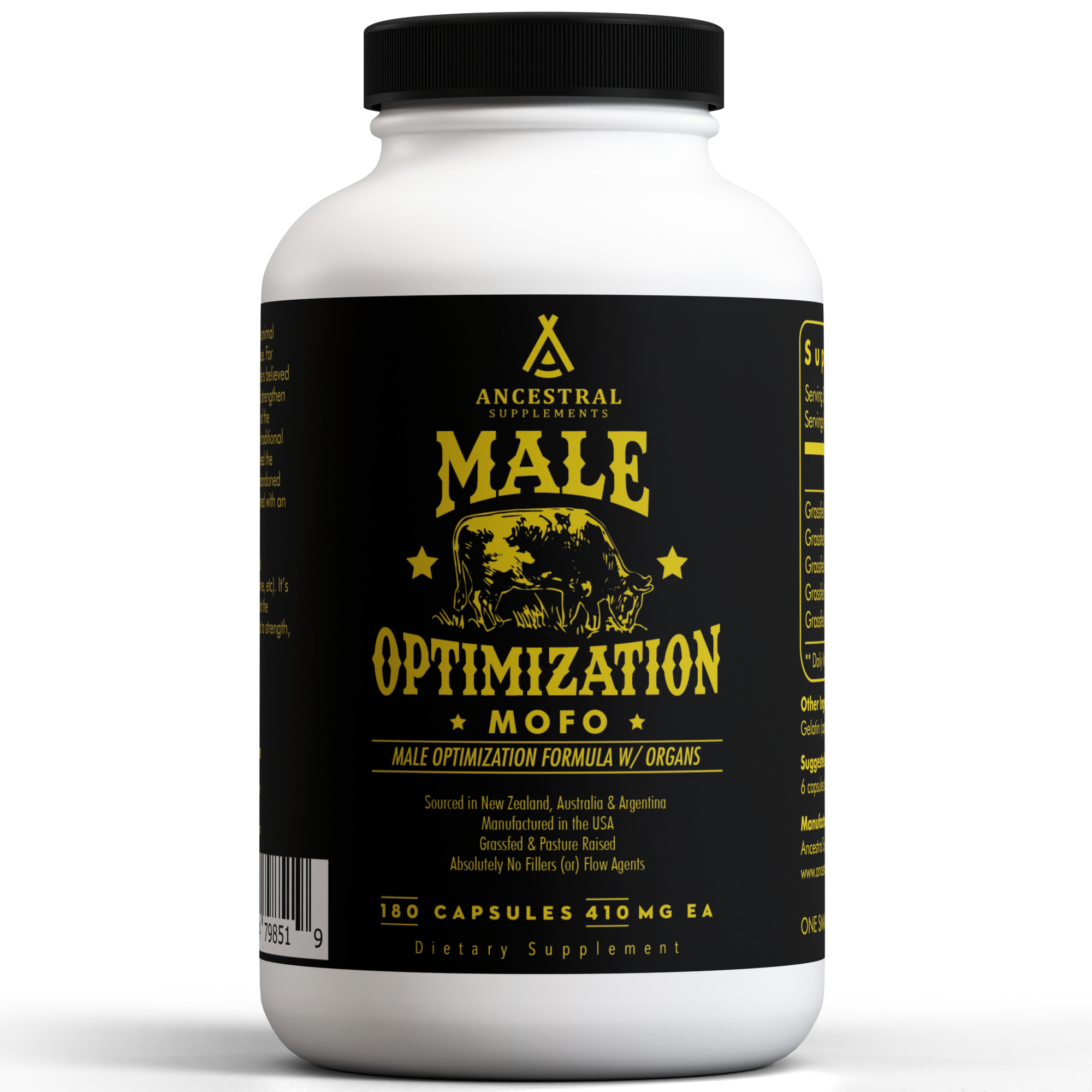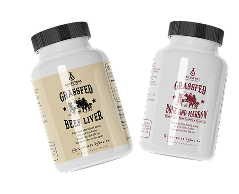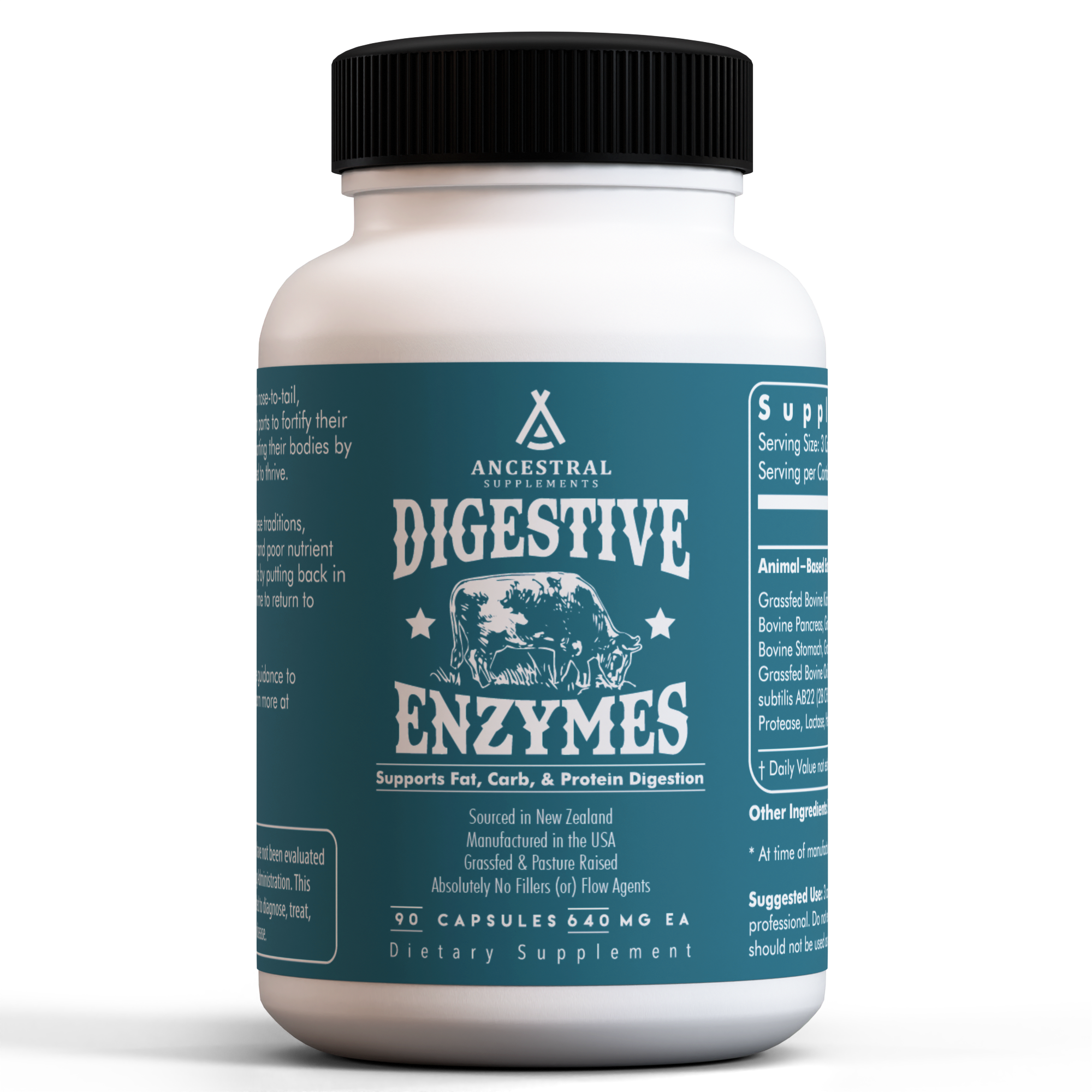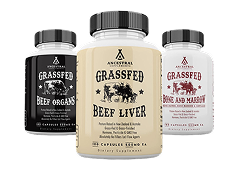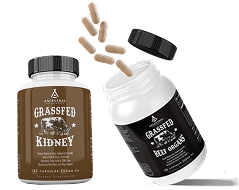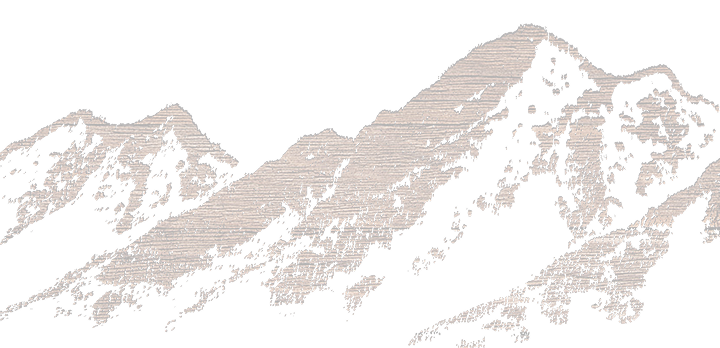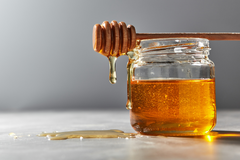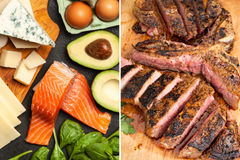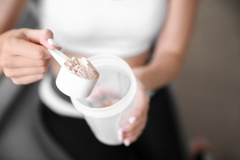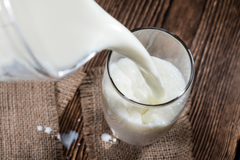How to Stop Carnivore Diet Diarrhea (& What Causes It)

Switching to the carnivore diet can be a radical change for your digestion, which means your bathroom habits might also be one of the first things to change. While the carnivore diet can lead to improved energy, better focus, and weight loss, some newcomers experience a less glamorous side effect: diarrhea.
Carnivore diet diarrhea is common during the transition phase of the diet. For most people, it’s not a sign of something wrong, but rather a natural part of their gut and metabolism adjusting to a new way of eating. Still, no one wants to spend extra time in the bathroom if they don't have to.
In this article, we’ll explore what carnivore diet diarrhea really is, what causes it, and most importantly, how to fix it.
What Is Diarrhea?
Before diving into solutions for diarrhea caused by the carnivore diet, let’s quickly define what we’re talking about…
Diarrhea, characterized by frequent, loose, and watery bowel movements, can also come with bloating, cramping, or urgency. While it's often triggered by pathogens, infections, food intolerances, or medications, on the carnivore diet, diarrhea is usually linked to changes in digestion and gut flora.
If your stools have suddenly become runny since cutting carbs and plants, chances are, your body is simply recalibrating. Still, that doesn’t mean you have to suffer through it.
6 Possible Causes of Diarrhea on the Carnivore Diet
Factors that can potentially contribute to carnivore diet diarrhea, especially in the early stages, include the types of proteins you eat, your history of having any digestive issues, and your unique microbiome, which affects how well you digest foods.
Let’s break down why you might be experiencing these types of digestive issues while following the carnivore diet.
1. Your Gut Bacteria Is Changing
The carnivore diet removes fiber, sugar, and fermentable carbs, which leads to the bacteria in your gut that normally feed on those foods to die off. As they die, these microbes release endotoxins that can irritate your gut lining and result in loose stools. Endotoxins, which are toxic substances found inside certain bacteria, are also capable of triggering inflammation when released into your digestive tract.
This microbial "die-off" is considered normal and is usually temporary. Once your microbiome rebalances, symptoms like diarrhea and bloating are likely to resolve. And, a healthier gut can also emerge over time with fewer pathogenic microbes.
2. You’re Suddenly Eating a Lot More Fat
A hallmark of the carnivore diet is high-fat intake, especially from foods like tallow, butter, and fatty cuts of meat or fish. If your body isn’t used to digesting that much fat, it can overwhelm your system, especially when you eat large, fatty meals.
Studies show that both high protein and high fat intake can change the gut microbiome.
Fat can have a mild laxative effect in some people, especially saturated fats, such as MCT oil or butter. Your body may need time to ramp up bile production and enzyme activity in order to properly digest all of the fat you're consuming. Fat can also impact cells in the digestive system and transit time.
Adding fat to your diet slowly, eating smaller meals, or using bile support supplements can all potentially help to manage diarrhea if high-fat intake is the main cause.
On the other hand, very low fiber intake while eating lots of fat and protein can also potentially cause constipation, depending on the person. The good news is, the steps below (like consuming more electrolytes, water, and animal foods) can help with both diarrhea and constipation on the carnivore diet.
3. Bile Acid Isn’t Being Reabsorbed
Related to the point above, bile helps you digest fat, but it’s also mildly irritating to the colon if not absorbed properly. When your liver makes more bile than your small intestine can handle, the excess bile can end up in your colon, triggering diarrhea, nausea, and digestive discomfort.
This is called bile acid malabsorption, and it’s more common in people with IBS, IBD, or previous gut inflammation. It can potentially improve as your body adapts to higher fat intake.
4. Nutrient Deficiencies Are Slowing Digestion
Low levels of fat-soluble vitamins A and D, zinc, or butyrate can impair gut lining integrity and bile regulation. If you previously ate a diet low in these nutrients, your body may be playing catch-up, but you might still be experiencing deficiencies.
For example, vitamin D deficiency is common among adults and is linked to gut symptoms due to increased inflammation. Beef liver and other organ meats, egg yolks, and sunlight can help replenish A and D, but it can take time for levels to normalize. A well-formulated carnivore diet should ultimately help raise your nutrient status, but it probably won't happen overnight.
5. You’re Eating Too Much Protein
Excess protein is capable of causing loose stools and even fatigue. Protein is a key part of the carnivore diet—contributing to satiety, muscle mass, cognitive health, and more—but too much too fast, especially from lean meats such as chicken or turkey, can overwhelm your digestive enzymes.
High-protein intake can lead to excess ammonia production in some cases, which can trigger your body to flush the system quickly, and a higher risk for other issues like kidney stones.
Carnivore macros should generally aim for 70–80% of calories from fat, rather than getting most calories from protein. If you’re eating 3+ pounds of meat per day, consider scaling back or adding more fat.
6. Certain Animal Foods May Be Inflammatory
Not all animal products are created equal. Pork, chicken, eggs, and conventional dairy can be irritating to some people, especially if they’re low quality, highly processed, and eaten in large amounts. This is sometimes described as "protein intolerance," which can be triggered by one or more animal-derived foods.
Ideally, vary the types of animal-based foods you eat and include grass-fed ruminant meats like beef, lamb, or bison, as well as organ meats like liver or kidneys—all of which provide different nutrients, fats, and protein.
While most people don't drink regular milk on the carnivore diet, many do have cream and butter. Choose A2 dairy or raw dairy if you're struggling to tolerate dairy well. And consider eliminating eggs or egg whites if symptoms persist.
7 Ways to Stop Carnivore Diet Diarrhea
Fortunately, there are several strategies you can use to prevent or stop diarrhea while still reaping the benefits of the carnivore diet.
1. Stay Well Hydrated
When you cut carbs, your body releases stored glycogen—and with it, water. This can cause dehydration, which ironically can lead to diarrhea or exacerbate it.
- Aim for at least 2–2.5 liters of water per day, or at least 8 glasses.
- Include herbal teas, salted water, and bone broth in your diet for variety.
- Watch your urine color; it should be pale yellow but not clear (which can mean you're drinking too much water but lacking electrolytes), orange, or dark yellow.
2. Replenish Electrolytes
Salt and sodium get a bad rap, but the truth is, you need a certain amount of sodium every day (as it's a key electrolyte) to actually stay properly hydrated.
Sodium, potassium, and magnesium are flushed from the body more rapidly on a low-carb diet, and imbalances in these electrolytes can lead to loose stools, muscle weakness, fatigue, and headaches.
- Consider taking Ancestral Minerals capsules to boost your electrolyte intake, which is made from a combination of ancient sea salt, Atlantic Kelp, and wildflower bee pollen to help replenish nutrients you may be lacking.
- Use unrefined sea salt liberally on your food.
- Consider adding zero-sugar electrolyte drops or powders to water. You can also add some lemon juice and salt to water for a hit of electrolytes.
- Magnesium glycinate supplements can also support digestion, but too much may worsen diarrhea, so start low. Another option is using our Magnesium Oil Spray, which is absorbed right through the skin to raise your levels and help with issues like muscle aches, indigestion, or restlessness.
3. Drink Bone Broth Regularly
Bone broth provides gelatin, collagen, and minerals, and can aid in hydration. This means that drinking bone broth is a great way to boost your nutrient intake, support gut lining health, and help firm up your stools.
- Sip 1–2 cups of homemade or high-quality bone broth daily (such as broth made from bone broth powder that contains no sugar).
- Look for a gelatinous texture, which is a sign of gut-supporting collagen.
4. Use Digestive Support Supplements
If fat or protein digestion is a struggle, certain supplements can help ease the transition.
- Ox bile can support your own bile production and metabolic functions.
- Lipase can help break down fats.
- Betaine HCl can improve stomach acid for protein digestion.
5. Adjust Your Fat-to-Protein Ratio
As mentioned above, you want to make sure your meals aren’t too protein-heavy and that you're paying attention to your carnivore diet macros.
A balanced carnivore meal typically contains more fat than protein, and sometimes even far more fat. Don’t fear fat—it’s your fuel on carnivore.
- Choose fatty cuts like ribeye, short ribs, or ground beef with added suet.
- Eat the whole egg and not just egg white.
- Add in organ meats rather than only eating lean muscle meats.
- Choose fatty and oily fish like sardines and salmon over lean fish like tuna or cod.
- Add butter or tallow to leaner meats.
6. Eliminate Potential Irritants Temporarily
If you suspect certain foods are contributing to your symptoms, take them out and reintroduce them back in one at a time.
- Cut out pasteurized dairy, egg whites, pork, and chicken.
- Focus on a beef-only approach for a few days to see if symptoms improve.
7. Ease Into the Diet
Cold-turkey transitions can be too intense for some people's digestive systems. A gentler approach might be needed to reduce symptoms and make the diet more sustainable in the long run.
- Start with a carnivore-adjacent diet or modified carnivore diet, such as eating meat plus some fruit or root vegetables.
- Gradually remove non-animal foods over a few weeks.
- Increase fat slowly instead of all at once.
Conclusion: How to Stop Carnivore Diet Diarrhea
Diarrhea on the carnivore diet is a common (and often temporary) issue as your gut and metabolism adjust. For many, it’s a sign that your body is letting go of old patterns and rebuilding better ones.
By hydrating, adjusting your fat and protein intake, using key supplements, and eliminating irritants, you can likely stop carnivore diet diarrhea and start experiencing the benefits of animal-based eating with fewer disruptions.
Stick with it, give your gut time to adjust, and listen to your body.

